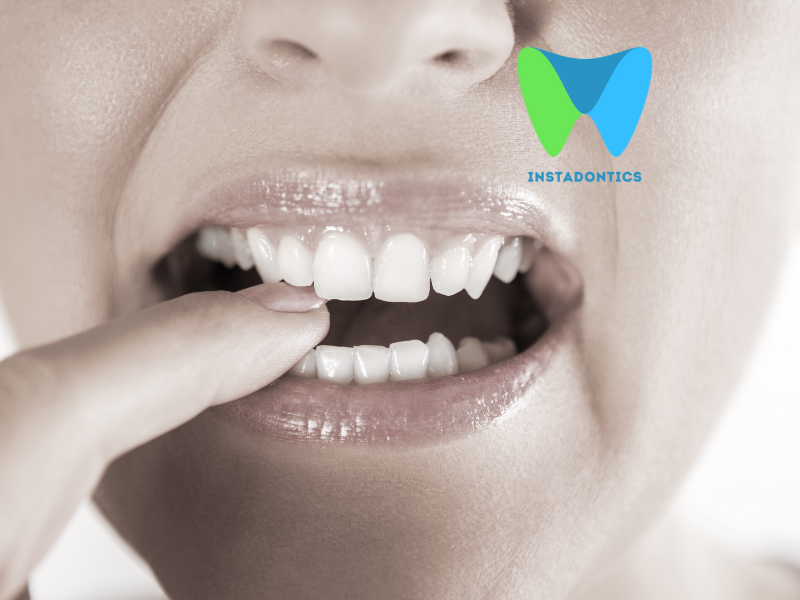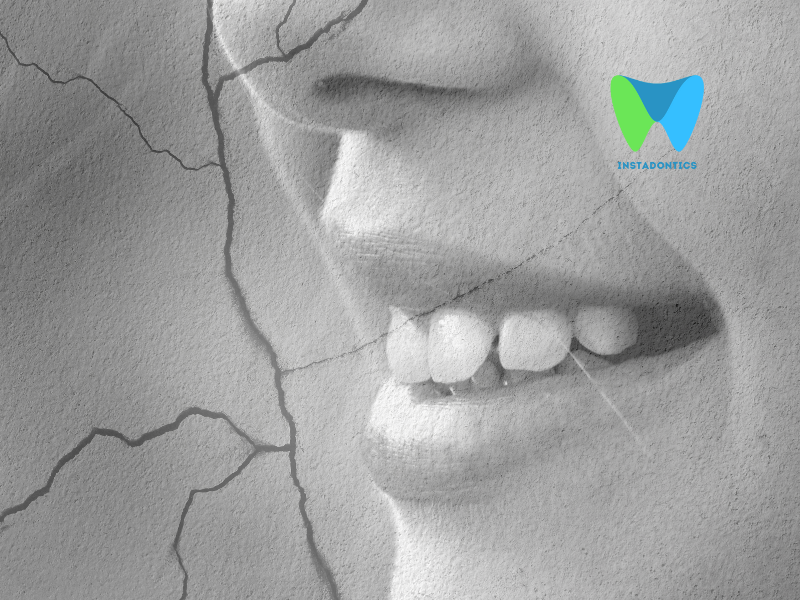Many people may not realize that they grind their teeth at night. This unconscious habit, known as bruxism, can lead to a host of dental and health issues. While occasional teeth grinding may not seem alarming, chronic bruxism can have serious consequences that extend beyond just dental health. In this blog, we will explore nine hidden dangers of nighttime teeth grinding and why it’s essential to address this issue.
1. Tooth Damage
One of the most immediate consequences of teeth grinding is damage to the teeth themselves. The intense pressure exerted during grinding can wear down tooth enamel, leading to chips, cracks, and even fractures. Over time, this can result in significant dental work, including fillings, crowns, or even tooth loss. The cost of repairing damaged teeth can be substantial, making early intervention crucial.
2. Jaw Disorders
Chronic teeth grinding can place immense strain on the jaw muscles and joints, potentially leading to temporomandibular joint (TMJ) disorders. TMJ disorders can cause pain, discomfort, and difficulty in jaw movement. Symptoms may include clicking or popping sounds when opening or closing the mouth, headaches, and facial pain. Addressing bruxism early on can help prevent the development of these debilitating jaw disorders.
3. Headaches
Many individuals who grind their teeth at night experience frequent headaches, particularly tension-type headaches or migraines. The muscle tension and strain from grinding can radiate pain to the head and neck, leading to chronic discomfort. If you find yourself waking up with headaches, it may be a sign of bruxism that should not be ignored.
4. Sleep Disruption
Teeth grinding can disrupt not only the grinder’s sleep but also the sleep of their partner. The noise associated with grinding can be loud enough to wake others, leading to fragmented sleep patterns. Poor sleep quality can result in daytime fatigue, irritability, and decreased overall well-being. Addressing bruxism can help improve sleep quality and restore harmony in shared sleeping environments.
5. Gum Recession
The pressure exerted during teeth grinding can also contribute to gum recession. When teeth are ground down, the gums may pull away from the teeth, exposing the roots and increasing the risk of sensitivity and decay. Gum recession can lead to more severe periodontal issues if left untreated, making it essential to address bruxism to protect your gum health.
6. Increased Sensitivity
As enamel wears away due to grinding, individuals may experience heightened tooth sensitivity to hot, cold, or sweet stimuli. This sensitivity can make everyday activities, such as eating and drinking, uncomfortable. In severe cases, it can lead to the need for dental treatments to address the sensitivity and protect the remaining tooth structure.
7. Emotional and Psychological Impact
Bruxism can also take a toll on mental health. Chronic pain from headaches, jaw issues, and disrupted sleep can contribute to increased stress and anxiety levels. Individuals may find themselves in a cycle where anxiety leads to teeth grinding, which in turn exacerbates their emotional distress. Recognizing the link between bruxism and mental health is crucial for holistic treatment.
8. Impact on Oral Health
Nighttime teeth grinding can lead to a cascade of oral health issues. Beyond the immediate damage to teeth and gums, bruxism can create an environment conducive to cavities and periodontal disease. The wear on teeth can create uneven surfaces that trap food particles and bacteria, increasing the risk of decay and gum disease. Maintaining good oral health becomes increasingly challenging when bruxism is left untreated.
9. Financial Burden
The financial implications of untreated bruxism can be significant. The costs associated with dental repairs, treatments for TMJ disorders, and potential therapies for headaches and other related issues can add up quickly. Additionally, the impact on quality of life may lead to lost productivity at work or increased healthcare expenses. Investing in preventive measures and seeking treatment for bruxism can ultimately save money in the long run.
Signs of nighttime Grinding
Nighttime teeth grinding, also known as bruxism, can lead to various signs and symptoms. Here’s a list of common ones:
- Worn-down teeth: Flattened, chipped, or cracked teeth, especially at the edges.
- Jaw pain or tightness: Discomfort or soreness in the jaw, especially when waking up.
- Headaches: Particularly tension headaches or morning headaches due to jaw clenching.
- Tooth sensitivity: Increased sensitivity to hot or cold due to worn enamel.
- Earache: Pain around the ears, which may be linked to jaw tension.
- Neck or shoulder pain: Tension from grinding can also affect the neck and shoulders.
- Disrupted sleep: Partner may notice grinding sounds during the night.
- Clicking or popping sound: A clicking or popping sound when opening the mouth or chewing.
- Facial pain: General discomfort in the face, particularly around the cheeks or temples.
- Inflamed gums: Gums may become swollen or tender due to excessive pressure from grinding.
If you suspect you are grinding their teeth at night, a dentist can help assess the damage and suggest treatments like mouthguards or stress-reduction techniques.
Nighttime teeth grinding is a common yet often overlooked issue that can lead to a range of hidden dangers. From tooth damage and jaw disorders to emotional distress and financial burdens, the consequences of bruxism extend far beyond the dental chair. If you suspect that you or a loved one may be grinding their teeth at night, it’s essential to consult with a dental professional. Early intervention and appropriate treatment can help mitigate the risks associated with bruxism, protecting both your dental health and overall well-being. Don’t wait for the hidden dangers to manifest; take action today for a healthier tomorrow.



